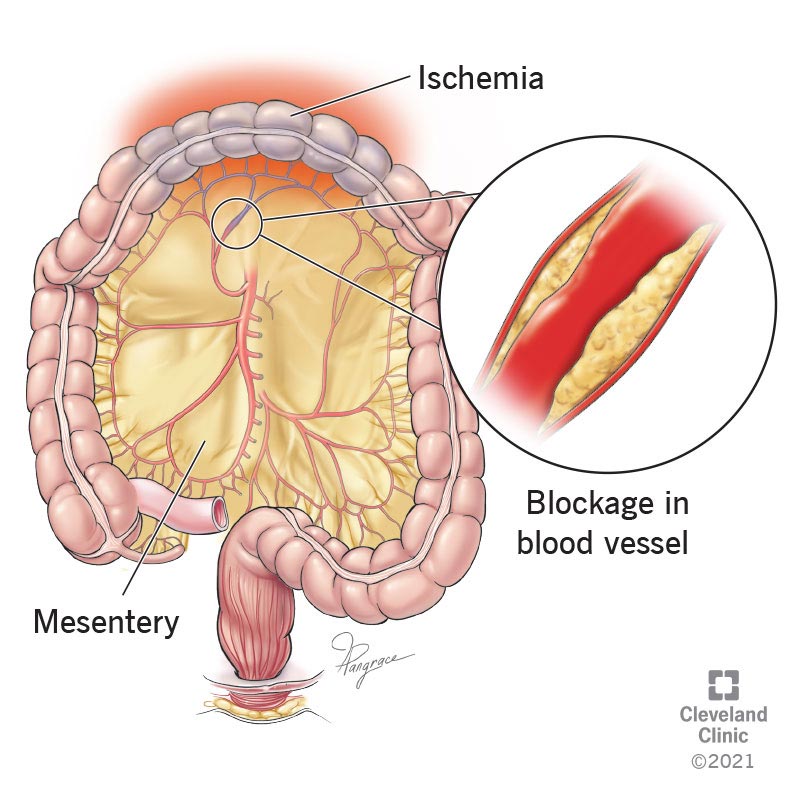Posted: 09/12/2024
Man’s partner called 999 five times before ambulance was sent out, inquest hears
Reading Time: 2 minutes
An inquest has recently taken place at the Truro Coroner’s Court in respect of the death of an otherwise fit and healthy man from Cornwall, who died due to complications from a small bowel infarction.
A small bowel infarction is a blockage or narrowing of the arteries that supply the bowel, reducing blood flow to the area and causing bowel ischaemia. This essential means that it causes the bowel tissue to die and if not treated with sufficient urgency with surgical treatment, it can be fatal as was sadly the case for Charles.
Charles George Edward Devos developed severe abdominal pain on 8 January 2021 and his partner called 999 as she was concerned by his pain, as well as the fact that he was profusely sweating, feeling really unwell, “feeling hot one minute and cold the next” and was flushed in the face. In spite of Charles being heard screaming in pain in the background of the call, an ambulance was not despatched and it was advised that a paramedic would call back to carry out a clinical assessment.
Charles was categorised as a category 5 for ambulance response time, which is the less urgent response category. There followed a significant delay with an ambulance being despatched; his partner ultimately had to call 999 on 5 separate occasions before this happened, the last call being on the afternoon of 9 January 2021, around 18 hours after the first call. By this time, Charles had significantly deteriorated and was extremely unwell; he was presenting with symptoms of life threatening clinical shock factors. Although the ambulance came within 7 minutes of this final call, it was too late to save Charles, who proceeded to suffer a cardiac arrest and died.
It was only identified after his death, in a post-mortem examination, that he had suffered a small bowel infarction. Expert evidence as part of the inquest indicated that, if Charles had been taken to hospital on 8 January or even in the early hours of 9 January, he would have had emergency surgery to his bowel and would on the balance of probabilities survived. However, by the time the ambulance actually arrived, in the afternoon of 9 January, his condition was not survivable.

Small bowel infarction and bowel ischaemia cause challenges for healthcare practitioners, as the symptoms of it are similar to those suffered in respect of other less serious conditions, such as acute gastroenteritis. However, healthcare practitioners need to have a high index of suspicion due to the serious implications of not treating bowel ischaemia with sufficient urgency; indeed, bowel ischaemia causes around 3,000 deaths in the UK each year, some of which will have been preventable.
If you or a loved one have experienced delayed diagnosis and treatment of bowel ischaemia, our experienced medical negligence team may be able to assist with investigating the care received.
FRIENDLY, EFFICIENT LEGAL ADVICE
We’re ready to chat when you are
Drop us an email or give us a call for a no obligation chat to see if we can help.